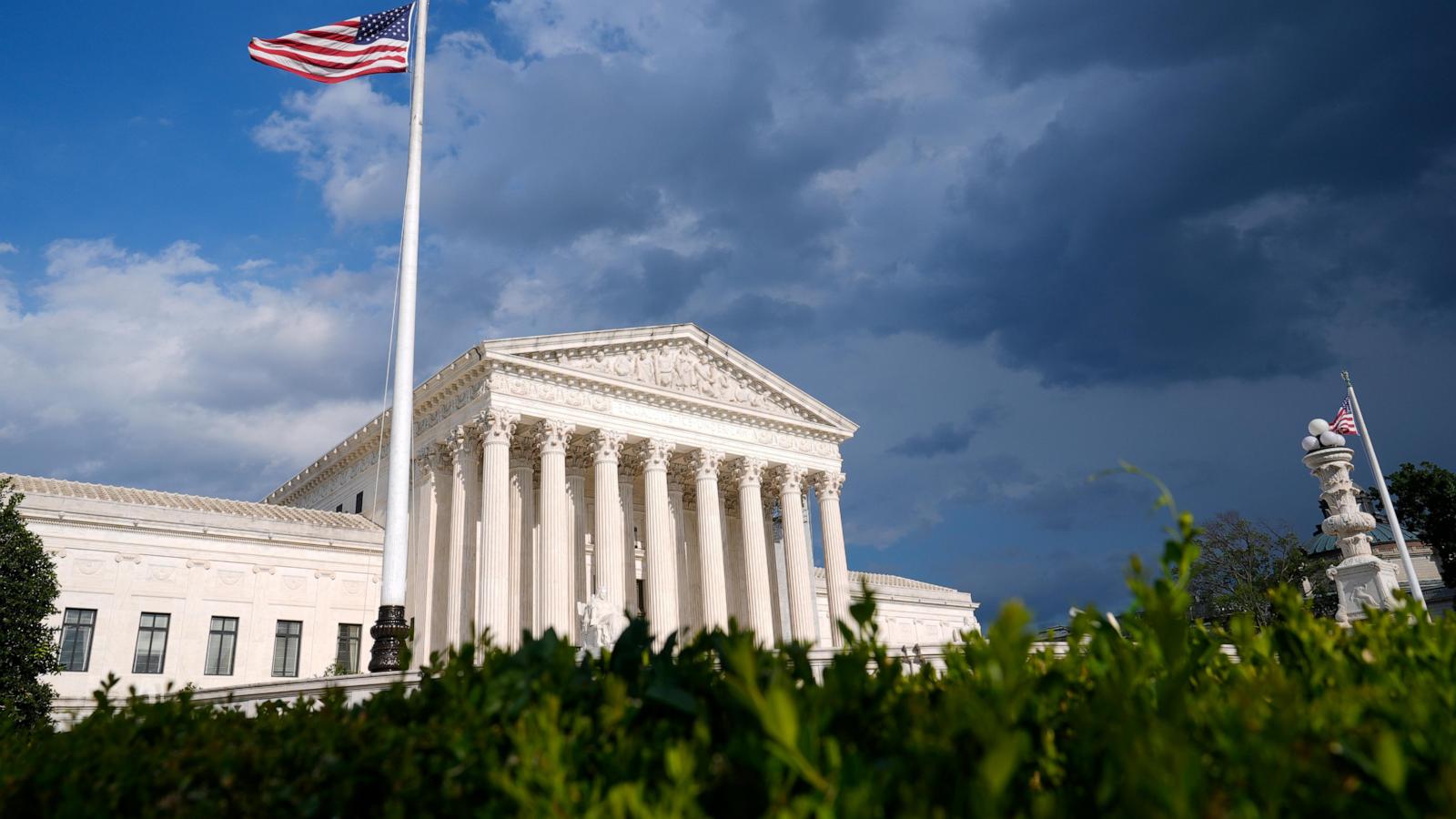Supreme Court to Decide Fate of Nation's First Publicly Funded Religious Charter School
Get ready for a legal showdown that's shaking up the educational landscape! The Supreme Court is poised to make a landmark decision on whether America's first publicly funded religious charter school can open its doors in Oklahoma. This case is exploding with controversy and could redefine the relationship between church and state in education.
The Clash: Religious Freedom vs. Separation of Church and State
At the heart of this explosive case is the St. Isidore of Seville Virtual Charter School, a K-12 online school with a clear mission: to evangelize its students in the Catholic faith. The school, backed by the Catholic Church, sought approval from the Statewide Virtual Charter School Board – and was granted approval. However, this decision quickly faced a fierce legal challenge, with Oklahoma parents, faith leaders, and a public education nonprofit arguing that a taxpayer-funded religious school directly violates the Establishment Clause of the First Amendment. The state’s Supreme Court ultimately sided with the challengers, invalidating the approval. But now, the case is headed to the highest court in the land!
A Legal Tightrope Walk: Balancing Competing Rights
The legal arguments are intricate and involve navigating a complex web of constitutional rights. Supporters of the school, including Oklahoma's Republican Governor Kevin Stitt, argue that denying funding solely because of the school's religious affiliation infringes on the Free Exercise Clause of the First Amendment—the very same Amendment cited by the opponents!
This highlights the challenge for the Supreme Court: determining how to fairly balance the competing constitutional principles of religious freedom and the separation of church and state in public education. This isn't simply about a single school; it's about setting a national precedent that will have far-reaching consequences.
The Supreme Court Weighs In: A Potential Shift in Educational Policy
The Supreme Court's decision to take on this case is momentous. It indicates a potential willingness to reconsider existing precedents, given several recent rulings favoring religious entities. The case will likely be argued in late April, with a decision expected by early summer. Justice Amy Coney Barrett's absence from this crucial case adds yet another layer to the intrigue. Will the nation’s highest court side with religious freedom, potentially opening doors for increased religious involvement in public schools across the nation? Or will it uphold the separation of church and state, maintaining a long-standing precedent?
The High Stakes: The Future of Public Education in America
The implications of this case reach far beyond Oklahoma. This is more than just about one charter school. This could fundamentally reshape how we understand and approach public funding for religious institutions and whether the Constitution permits or forbids integration of religion into the public educational system. If the court rules in favor of St. Isidore, it would likely lead to an influx of religious charter schools across the nation and trigger countless subsequent lawsuits, as many districts grapple with legal compliance with potential new standards.
Beyond the Headlines: Examining Long-Term Impacts
This legal battle isn't simply a matter of constitutional interpretation; it speaks to fundamental societal questions about the role of religion in public life and the evolving understanding of separation of church and state. How will the decision affect religious liberty? Will the ruling serve as a blueprint for state governments to support faith-based education? Could it embolden conservative-led states seeking a more prominent religious role in the public sphere? These issues have far reaching and long-term implications across American society.
Oklahoma at the Epicenter of Controversy
Oklahoma, a state with its own history of intersection of church and state, becomes the focal point of national discussion around the critical questions of religion and public education. The State Attorney General reversed the opinion of his predecessor on the issue of the case, underscoring a politically complex environment.
Take Away Points
- The Supreme Court's decision on St. Isidore will have significant ramifications for the future of public education.
- This case tests the balance between religious freedom and the separation of church and state.
- The outcome may influence how religious institutions seek to interact with public funding, educational policy, and shape the political landscape around religion and education for years to come. This case will be remembered as one that profoundly influenced future generations.









